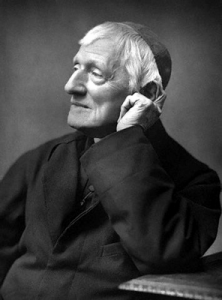Dear Father,
It is with great pleasure that I welcome your departure. Not that I am happy that you are leaving the chapel of Notre-Dame du Lys, but because I am happy to have met you and that you are continuing your priesthood by showing the example of the priest according to Benoit XVI.
Yesterday, for the feast of the Holy Trinity, you celebrated your last mass according to the extraordinary rite in the 15th arrondissement of Paris. In this pious little chapel, where you arrived in 2009 when the diocese of Paris began to assume responsibility for the chapel and to appoint priests to its service. And while you had already been ordained a priest for almost ten years, you learned to celebrate Mass according to the 1962 missal! A great lesson in humility! You have cast yourself in the mold of the bi-millennial form. To meet the request of your superiors, but also that of a group of die-hard faithful lovers of the extraordinary rite.
